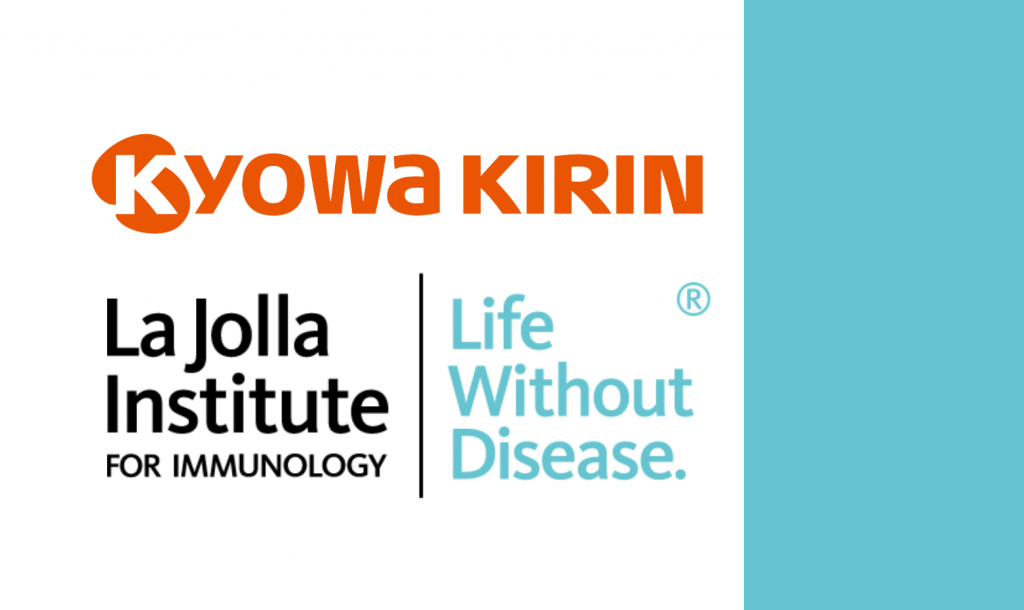Leading health researchers at La Jolla Institute for Immunology (LJI) are shining a light on the urgent need for more studies into sex-based differences in the immune system. Their goal is to understand how key differences in the immune systems of men and women play a role in how they develop and experience heart disease, autoimmune diseases, neurodegenerative diseases, and how they respond to infectious diseases.
“Incorporating sex as a biological variable in basic and translational immunology studies, by looking at whether a cell is XX or XY for example, uncovers a depth of information that we can mine to enhance our understanding of human disease and improve health,” says LJI President and CEO Erica Ollmann Saphire, Ph.D.
In an effort to uncover critical health information, LJI recently announced the Sex-Based Differences in the Immune System Initiative. This initiative is led by LJI Associate Professor Sonia Sharma, Ph.D., and brings together LJI laboratories involved in cancer therapies, vaccine innovation, neuroinflammatory diseases, and more. Already, the initiative has led to unexpected research directions as LJI scientists uncover sex-specific variations in metabolites and other fundamental differences affecting male and female immune function.

Now these LJI findings are adding to important discussions on the national stage. On June 13, 2023, Saphire gathered with experts in Washington, D.C., for a special roundtable discussion on the importance of funding new research into diseases and conditions that exclusively, differently, or disproportionately affect women.
The event, organized by Women’s Health Access Matters (WHAM), included Congresspeople on both sides of the aisle: Barbara Mikulski, Nancy Pelosi, and Connie Morella. The discussion centered around the 30th anniversary of the signing of the 1993 National Institutes of Health (NIH) Revitalization Act, the piece of legislation that required, for the first time, inclusion of women and minorities in research funded by the NIH, and that clinical trials be designed in such a way to indicate any differences in outcome between men and women.
Saphire’s remarks emphasized the importance of examining why men and women are differently susceptible to diseases, and experience the same disease differently. “Females are much better at fighting off infectious disease than are males. For example, severe COVID affects men more than women. However, that stronger female immune response means we are predisposed to a plethora of autoimmune diseases and inflammatory conditions like Alzheimer’s disease,” Saphire told the group.
In fact, data show women are much more likely than men to suffer from rheumatoid arthritis, coronary artery disease, multiple sclerosis, lupus, and many other debilitating conditions. Research shows 80 percent of autoimmune disease cases in the United States, and globally, are diagnosed in women. Women are also disproportionately represented among nonsmokers with lung cancer, and women are at twice the risk as men of developing Alzheimer’s.

As Saphire explained, many scientists used to chalk these differences up to factors outside of immune function—for example, the fact that women tend to live longer than men was thought to explain the higher likelihood of women developing Alzheimer’s. This is not the case, said Saphire.
“We now know that the epidemiological data clearly show that, even after correcting for differences in age and life-span, women are more prone to developing autoimmune and inflammatory diseases,” explains Sharma. “These differences in disease susceptibility and severity are associated with differences in how our immune systems function. They occur as the result of different genetic encoding of our cells and the activities of our sex hormones, which translates into sex-specific variations in metabolites and other important immune molecules.”
There’s reason to hope this field of study will gain even more momentum. In 2022, LJI partnered with WHAM to support new research into sex-based differences in the immune system. WHAM was founded by Carolee Lee, who serves as the organization’s CEO and as a member of the LJI Board of Directors.
Disparities in men and women’s health—driven by gaps in research funding—led WHAM to launch the #3not30 campaign earlier this year. As a WHAM partner, LJI’s leadership is dedicated to supporting the #3not30 goal of doubling funding for women’s health research over the next three years.
“For decades, women’s health has suffered as a result of under-investment in research,” said Lee in a 2023 WHAM statement. “Women have also been forced to leave the workforce early to manage their own health or serve as caregivers for their loved ones. This is an economic issue that impacts everyone, and we can’t afford to ignore it.”
Learn more:
Press release: WHAM Celebrates the 30th Anniversary of the 1993 NIH Revitalization Act to Ensure Women Included in Research and Clinical Trials
Immune Matters Magazine: Learning from men, learning from women





